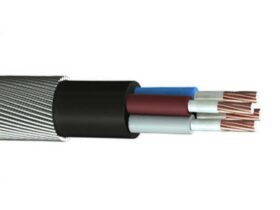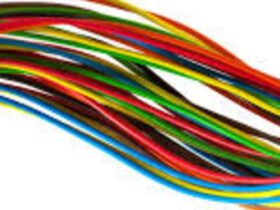Flexible electrical wires, also known as flexible cables or cords, offer a range of benefits and features compared to rigid wiring solutions. Here are some of the top benefits and features of flexible electrical wires:
- Easy to install: Flexible electrical wires are designed to be easy to install and manipulate, making them ideal for use in tight spaces or applications where space is limited. They can be bent, twisted, and coiled without damaging the cable or compromising its performance.
- Increased flexibility: As their name suggests, flexible cables offer greater flexibility than rigid wiring solutions. This flexibility allows the cable to be routed through complex paths and around obstacles, without putting excessive strain on the cable.
- Improved durability: Flexible cables are often made from high-quality materials, such as silicone, PVC, or TPE, which are resistant to abrasion, weathering, and chemicals. This makes them more durable and longer-lasting than rigid wiring solutions.
- Enhanced safety: Flexible cables are designed with safety in mind. They are often insulated and shielded to prevent electrical shocks or interference, and are tested to meet or exceed industry standards for safety and performance.
- Reduced maintenance: Flexible cables require less maintenance than rigid wiring solutions, as they are less prone to damage from vibrations, shocks, or other environmental factors. This can reduce the need for costly repairs or replacements.
- Increased versatility: Flexible cables are available in a range of sizes, shapes, and configurations, making them suitable for a wide range of applications. They can be used in everything from household appliances to industrial machinery, and can be customized to meet specific requirements.
Overall, flexible electrical wires offer a range of benefits and features that make them an ideal choice for many applications. Whether you’re looking for improved flexibility, durability, safety, or versatility, flexible cables are an excellent choice.














Leave a Reply